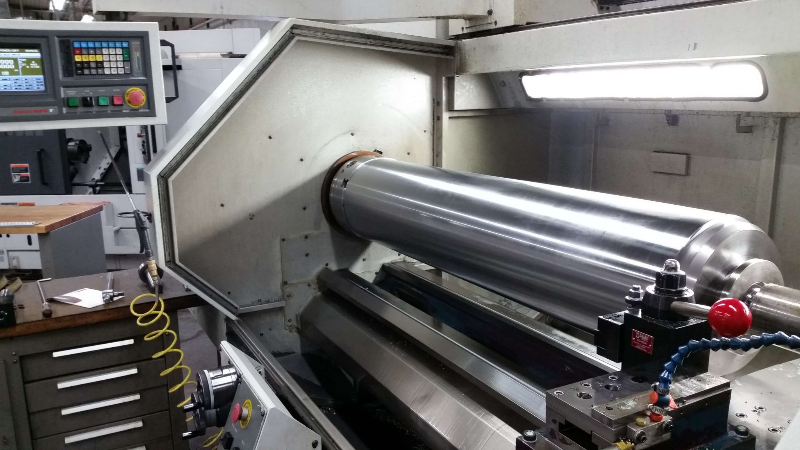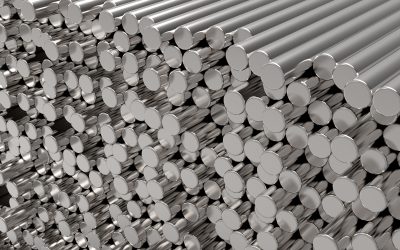Choosing the right hydraulic hose connector is important for the efficiency and safety of hydraulic systems. Here are a few key factors to consider when selecting hydraulic hose connectors in Colorado.
Compatibility
You should first ensure that the connectors are compatible with your hydraulic system. An incompatible connector may lead to leaks, system failures, and safety hazards.
Ensure that each connector matches the specifications for your hydraulic hoses and system components. Check the size, thread type, and pressure rating to ensure that you get a proper fit.
Material Quality
The material can affect durability and performance. Common materials include stainless steel, brass, and aluminum. Stainless steel connectors are resistant to corrosion and ideal for harsh environments. However, each option has separate benefits and limitations.
Pressure Rating
Hydraulic systems operate under various pressure levels. When looking for hydraulic hose connectors in Colorado, make sure that the connectors can withstand the maximum pressure of your system. Exceeding the pressure rating can cause leaks or bursts.
Temperature Resistance
Consider the operating temperature of your hydraulic system. You need connectors that can perform reliably within the same range. High temperatures can weaken connectors while low temperatures make them brittle.
Seal Type
The type of seal used in the connectors affects leak prevention and reliability. Most hydraulic systems use O-rings, metal-to-metal seals, or bonded seals.
Ease of Installation
Choose connectors that are easy to install and remove. This helps reduce downtime and maintenance costs. For example, quick-connect fittings are a convenient option for systems that require frequent disconnection and reconnection but may also cost a little more.
These details should help with your search. If you want to choose the right connector, pay attention to compatibility, material quality, pressure rating, temperature, seal type, and ease of installation.


